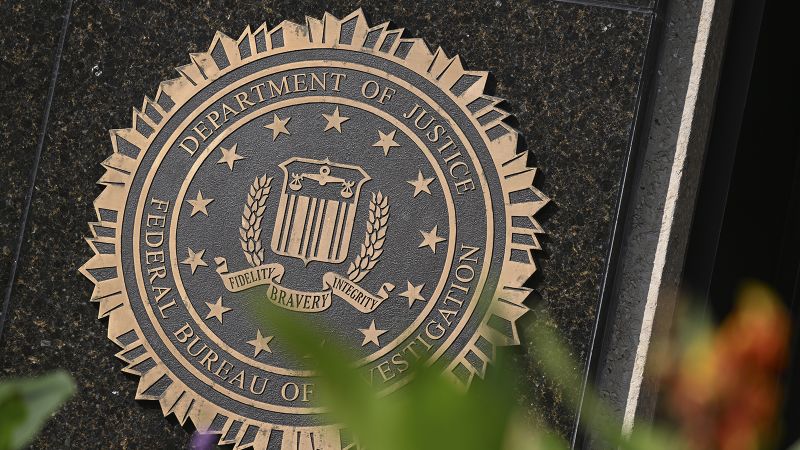Inside the FBI's January 6 Reckoning: Agents Face Intense DOJ Scrutiny

A cloud of uncertainty hangs over thousands of FBI employees as the Justice Department launches a sweeping investigation into potential involvement in the January 6, 2021 Capitol riot. The department has issued a comprehensive questionnaire that many agents view as a potential prelude to widespread personnel actions.
This unprecedented move signals a serious effort to root out any internal connections to the events of that day, which saw a violent mob storm the US Capitol in an attempt to disrupt the certification of the 2020 presidential election results. The questionnaire represents a critical step in the agency's internal review process, with many FBI officials viewing it as a potential threat to their professional futures.
Agents across the bureau are now facing a critical moment of professional reckoning, as they must carefully document and disclose any potential involvement or knowledge related to the January 6 events. The investigation aims to maintain the integrity of the FBI and eliminate any potential sympathizers or participants who may have been connected to the unprecedented attack on American democratic institutions.
While the full implications remain unclear, the questionnaire suggests the Justice Department is taking a comprehensive approach to identifying and potentially removing any personnel who might have compromised the FBI's neutrality and commitment to upholding the law.

